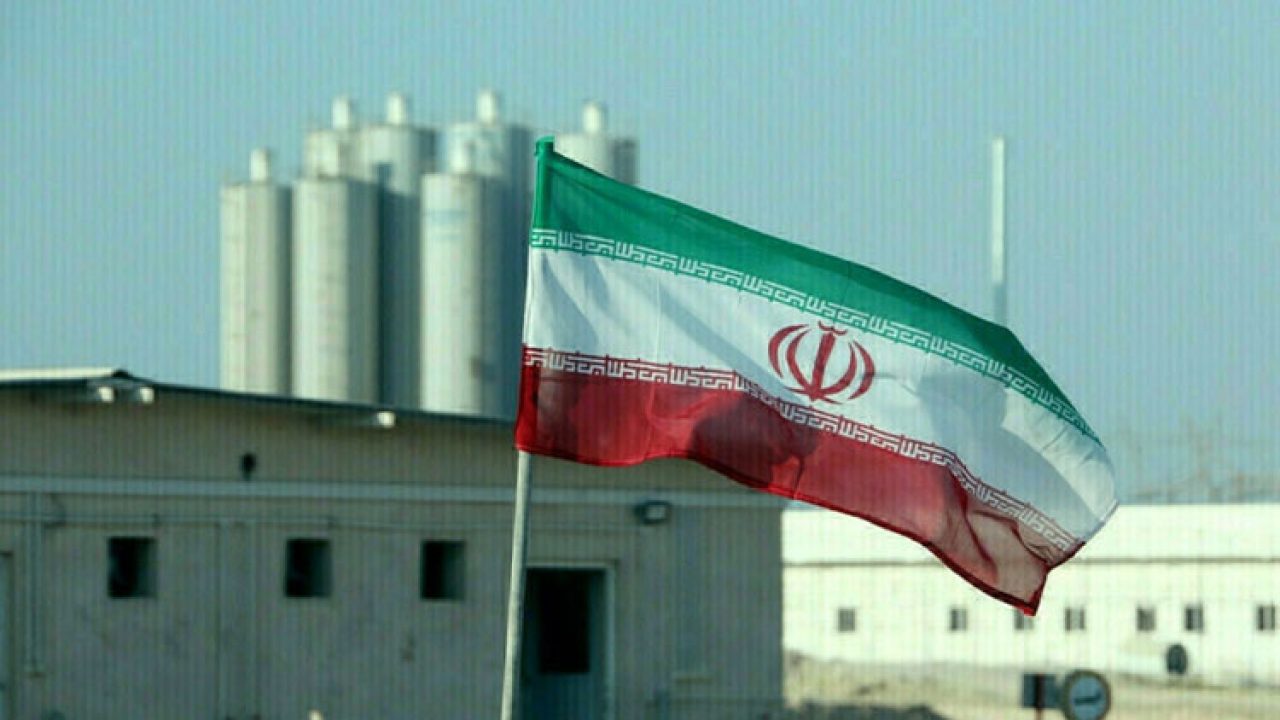Pakistan, July 22 — Iran has accused European countries of contributing to the failure of the 2015 nuclear deal, shortly before significant discussions are scheduled to occur in Istanbul. The agreement, which was previously regarded as a significant diplomatic achievement, imposed restrictions on Iran’s nuclear program in exchange for the lifting of international sanctions. Nevertheless, the pact started to unravel after the United States withdrew in 2018 and reinstated severe sanctions during the tenure of former President Donald Trump.
Despite initial commitments from Britain, France, and Germany to back the agreement, Iran now claims they have not honored their pledges. As stated by Iran’s foreign ministry spokesperson, Esmaeil Baqaei, Europe’s neglect and failure to put support systems in place have led Western firms to exit Iran, intensifying its economic difficulties. Discussions between Iran and the European trio are set for Friday in Istanbul, with the goal of examining the deal’s future.
At the same time, Iran intends to hold meetings with Chinese and Russian officials in Tehran to address issues related to sanctions and the nuclear program. The Chinese foreign ministry stated that it will keep advocating for renewed dialogue that takes into account the concerns of all parties involved. In the meantime, European countries have cautioned that they may reinstate UN sanctions if Iran fails to comply. Germany confirmed that the upcoming discussions will take place at the expert level as they seek a long-term and verifiable resolution.
Nevertheless, tensions are still intense as Iran keeps enriching uranium to 60 percent – significantly higher than the 3.67 percent cap outlined in the initial agreement. This concentration is near the level required for a nuclear weapon, causing major worries among Western nations. Iran justifies its actions, claiming it only reduced its obligations once other parties did not fulfill their commitments. It maintains that its nuclear program is solely intended for peaceful uses such as producing electricity.
Moreover, the relationship between Iran and the United States continues to be tense. Tehran has decided not to engage in direct discussions with Washington for now, particularly after recent military actions. In June, Israel conducted unexpected attacks on Iranian military and nuclear sites, leading the US to target several important uranium locations. These developments have made it even more challenging to restore the agreement before it is set to expire in October.







